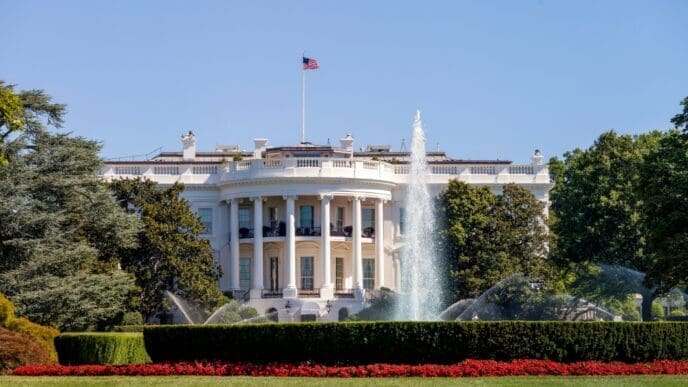Colleges and universities are currently facing significant challenges as the Trump administration seeks to influence American society and culture through educational reforms. Efforts to extract concessions from educational institutions and deport students involved in protests have raised concerns about the future of American academia and its global standing. However, many incoming college freshmen are more immediately worried about their ability to finance their education.
The administration’s well-publicized moves to restructure the Education Department have led some students to question the availability of federal student aid. Nonprofit organizations supporting college access report that students are uncertain whether the Free Application for Federal Student Aid (FAFSA) and federal Pell grants remain accessible. Despite these concerns, both Pell grants and the FAFSA continue to be available, although fear regarding the use of FAFSA data to reveal family immigration status to Immigration and Customs Enforcement persists, contributing to a decline in applications for federal financial aid.
Graduating high school seniors are plagued by uncertainties concerning financial resources vital for their pursuit of higher education. Many students wonder if they should postpone their college plans, fearing a lack of financial aid under the current administration. Although President Trump has assured that funding for Pell grants and student loans will not be affected, the administration’s reorganization plans and department layoffs could lead to errors in disbursement and reduced borrower support. Past technical issues with FAFSA exacerbated these fears, causing delays and barriers for applicants.
For students from undocumented families, the concern is heightened, as completing the FAFSA might expose their relatives to deportation risks. Although federal law restricts the use of FAFSA data for anything other than student aid, the fear remains that such information could be misused for immigration enforcement.
Beyond federal aid, students also fear losing access to scholarships aimed at historically marginalized groups due to the administration’s challenges to diversity, equity, and inclusion programs. Colleges are altering or dismantling such programs, leaving students uncertain about the availability of services previously offered.
The arrest of students participating in protests has further fueled anxiety about campus freedoms. Students are seeking rights training to ensure they can express themselves without fear of retribution.
Recent statistics reveal a significant drop in FAFSA completions among high school seniors, particularly those with undocumented parents. Without financial aid, college becomes inaccessible for many, potentially harming their career prospects and the country’s economy, which relies on a skilled workforce.
State policymakers can assist by ensuring state financial aid applications are secure from federal data sharing. Maintaining open communication with students about policy impacts is crucial to alleviate anxieties and allow focus on academic pursuits.
Despite the turmoil, students remain committed to education as a means of personal and professional growth. The importance of college as a gateway to broader opportunities remains undiminished for first-generation students and those from disadvantaged backgrounds.
Your World Now
- Potential disruptions in student aid could make college less accessible, impacting career opportunities for low-income and first-generation students.
- Changes to diversity, equity, and inclusion programs may reduce support resources for students from marginalized communities.
- Concerns about data privacy might discourage applications for financial aid, affecting college enrollment rates and workforce development.
- Anxiety over free speech on campus may influence students’ willingness to participate in social and political discourse.
- State-level initiatives to secure financial aid applications could provide reassurance and encourage higher education participation.












